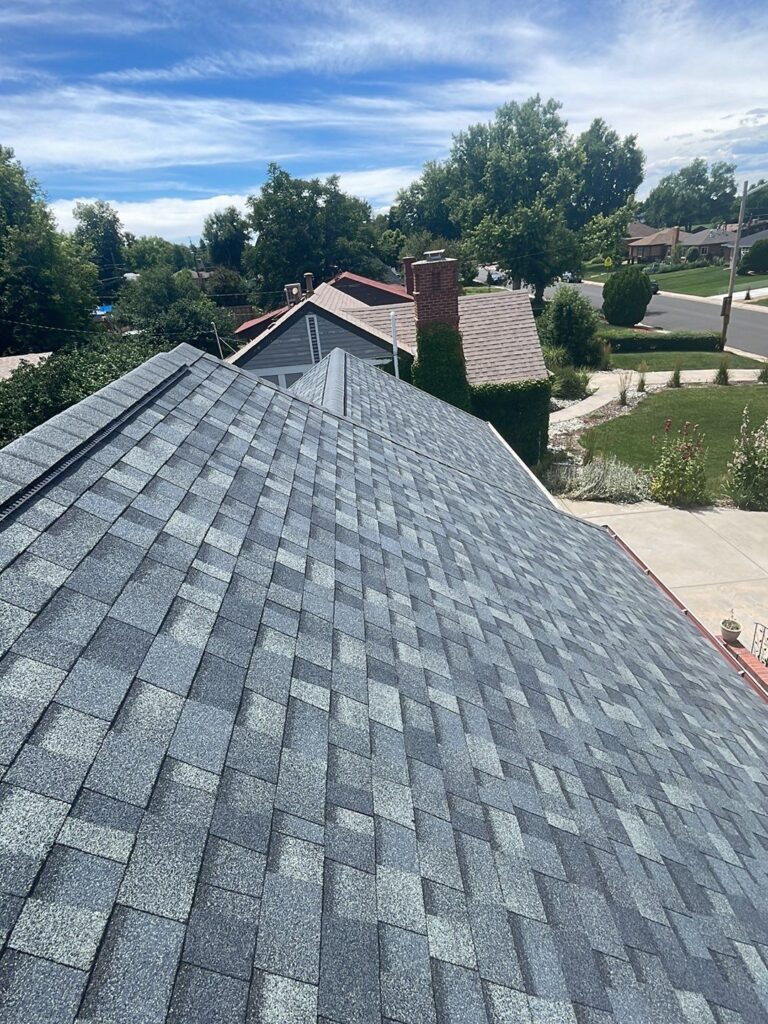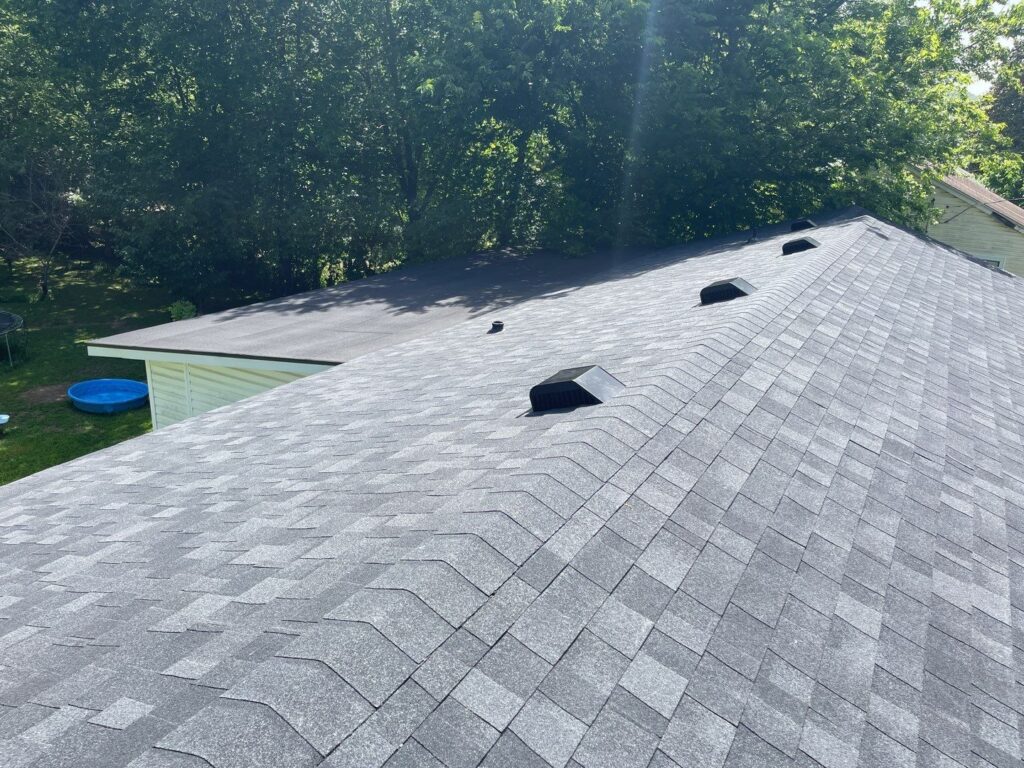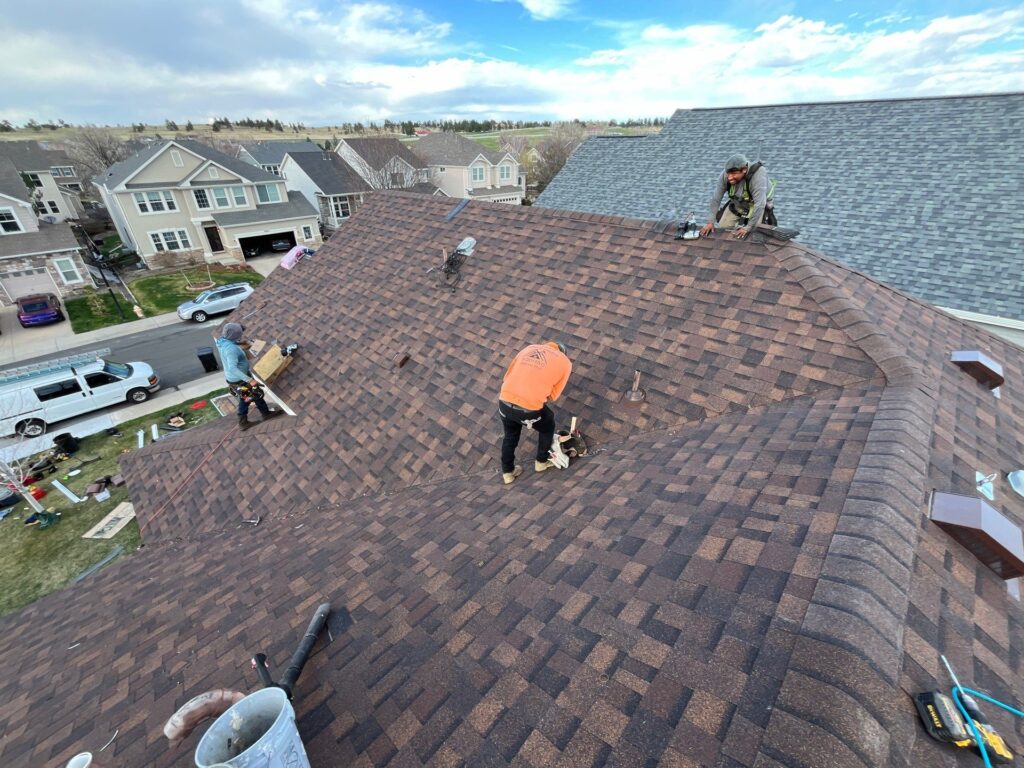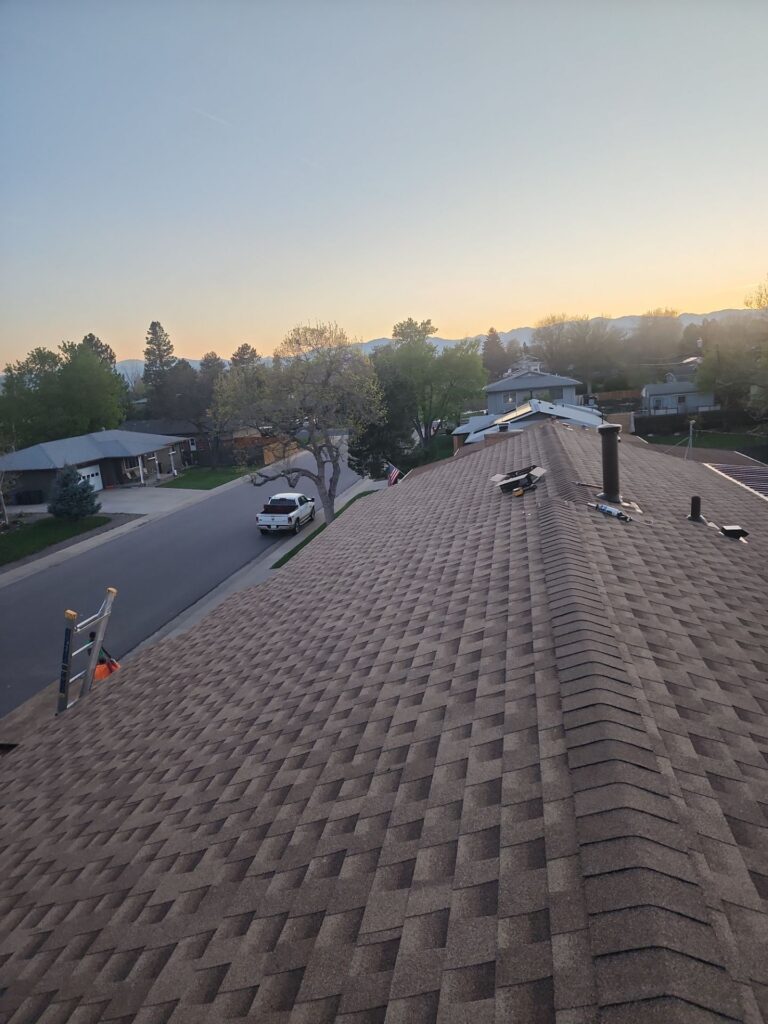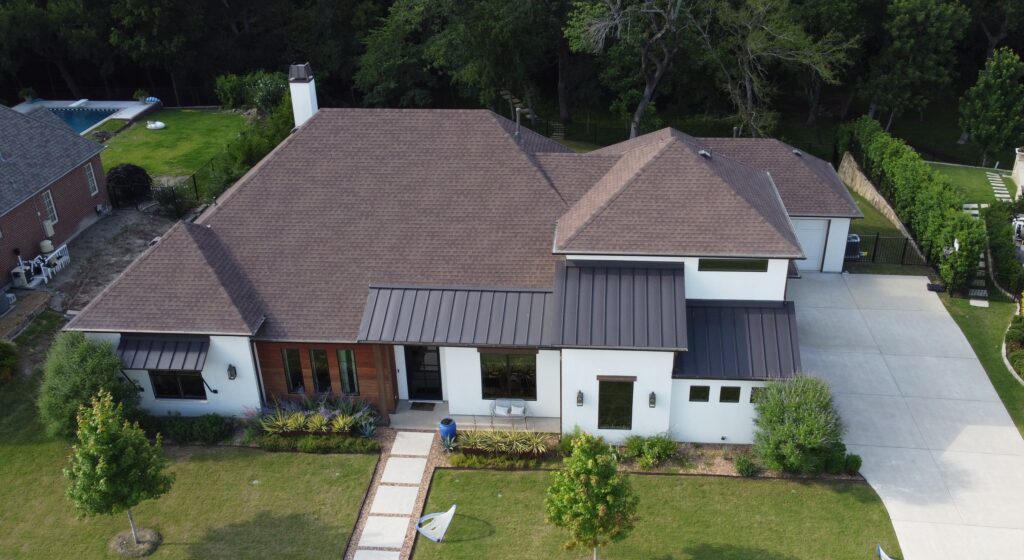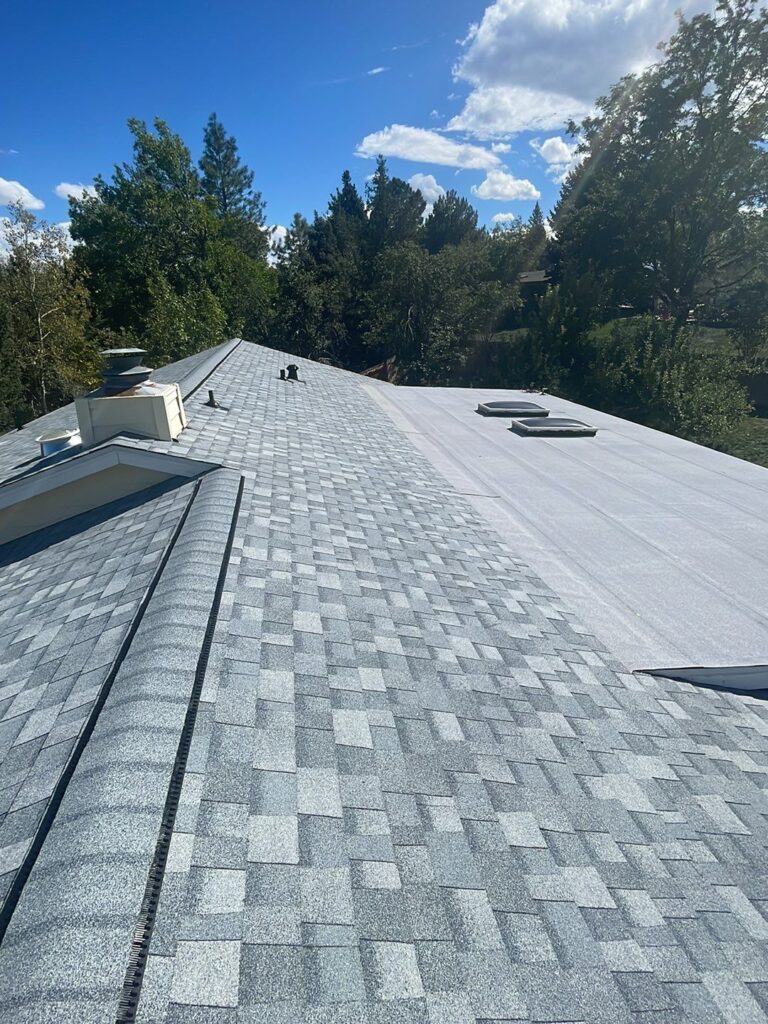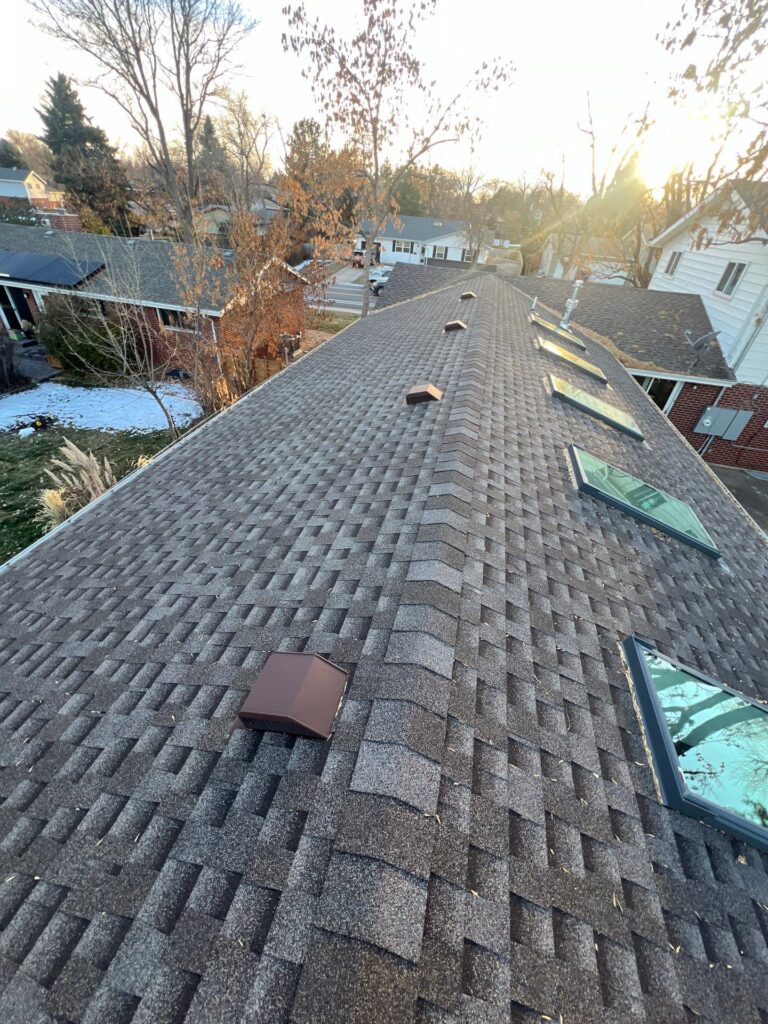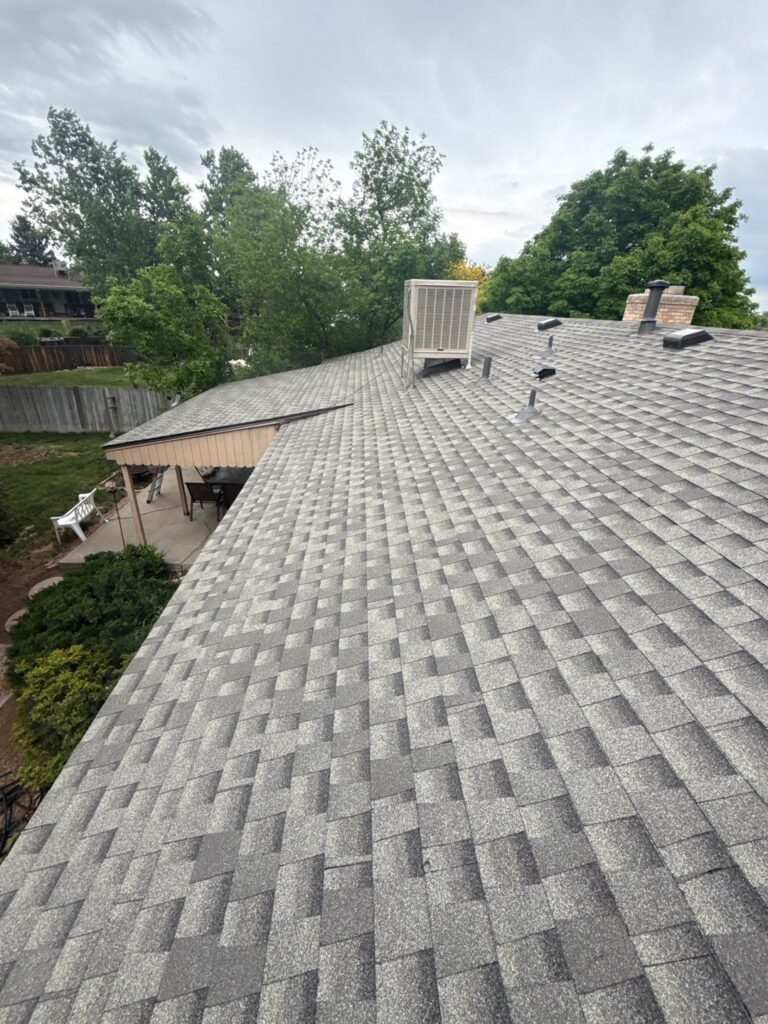Why Timely Commercial Roof Replacement Matters More Than You Think
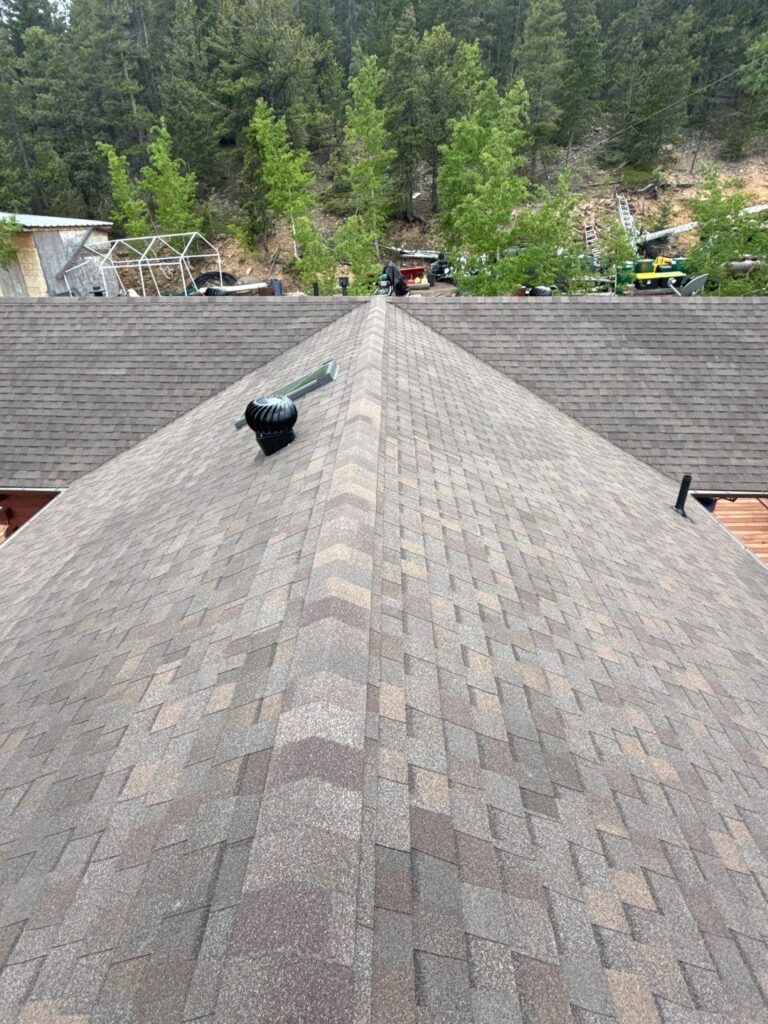
Avoid Financial Disaster from Leaks and Water Damage
Delaying commercial roof replacement often leads to silent yet severe structural damage. As roofing materials age, they degrade, crack, or blister—making your building vulnerable to leaks that spread unseen behind walls and ceilings. These hidden issues can eventually compromise insulation, wiring, drywall, and even the structural framework, requiring far more expensive repairs than a roof replacement alone. Proactively replacing your roof protects your bottom line by stopping water infiltration before it creates a domino effect of damage.
Lower Energy Costs with Modern Roofing Systems
An outdated or damaged roof allows heat to escape in the winter and seep in during summer, burdening HVAC systems and inflating energy bills. Modern commercial roofing solutions are designed for maximum thermal efficiency, using reflective surfaces, insulated membranes, and advanced sealants. These enhancements help stabilize indoor temperatures and reduce the strain on mechanical systems, providing consistent energy savings year-round. For businesses aiming to operate efficiently and sustainably, roof replacement is not an expense—it’s a strategic investment.
First Impressions Start at the Roofline
Curb appeal isn’t just for homes—it has direct business implications. Whether you’re attracting clients, tenants, or employees, the exterior of your commercial property sets a lasting impression. A deteriorating roof suggests neglect, whereas a clean, professionally installed one communicates professionalism and care. In industries where perception equals trust—such as law, healthcare, retail, or hospitality—a roof can play a silent but powerful role in shaping that perception. Upgrading to a sleek, modern roofing system enhances your property’s exterior and communicates reliability from the first glance.
Preserve and Increase Property Value
Your commercial building is likely one of your most valuable assets. A well-maintained roof not only extends the life of the structure but also boosts its appraised value. When it comes time to refinance, sell, or attract new tenants, a new roof becomes a key selling point. It’s also a critical factor during inspections or insurance assessments. Replacing an aging roof positions your property as “turnkey ready,” reducing the likelihood of deal-breaking contingencies. Smart owners treat roof replacement as essential asset preservation, not just maintenance.
Limit Business Disruptions with Planned Replacement
Emergencies are expensive. A sudden roof failure can halt operations, destroy equipment, and force temporary closures. Scheduling a roof replacement before failure gives your business the advantage of planning around weather, inventory cycles, and peak customer periods. It allows for coordination that minimizes downtime and protects ongoing business functions. Working with experienced roofers in Denver ensures timely, safe, and efficient installation.
Conclusion
Commercial roofing in Denver requires more than reactive maintenance—it demands strategic foresight. From energy efficiency and property value to reputation and risk mitigation, delaying roof replacement costs more than it saves. The best roofing companies in Denver, Colorado, provide expert guidance to ensure your investment is sound and future-proofed. Tried and True Roofing, a trusted roofing company in Denver, Colorado, delivers tailored solutions for businesses seeking reliability, durability, and long-term value. For Denver roofers who prioritize precision and accountability, planning your next roof replacement starts now.
Why Timely Commercial Roof Replacement Matters More Than You Think Read More »


